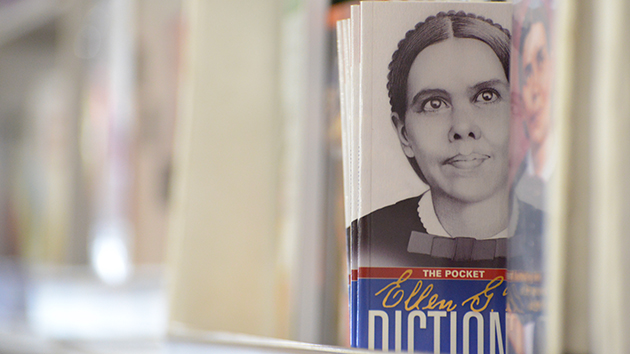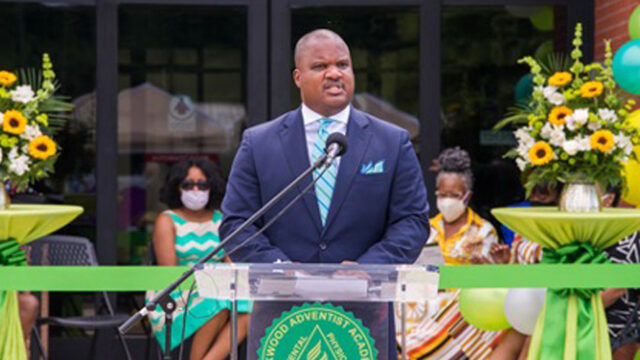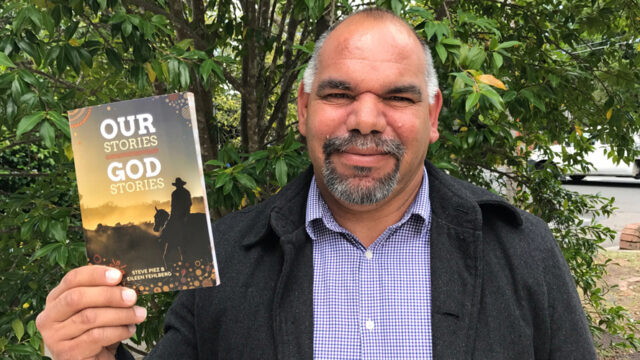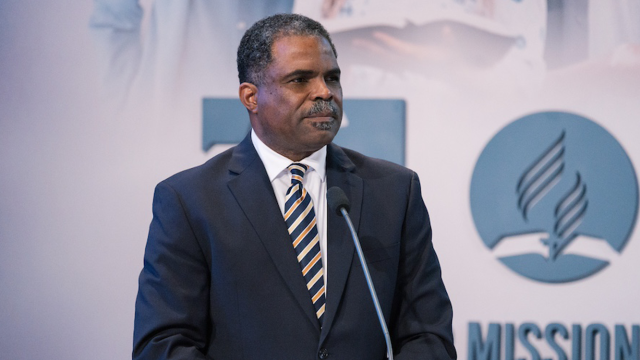Imagining a world in which everyone has all they need
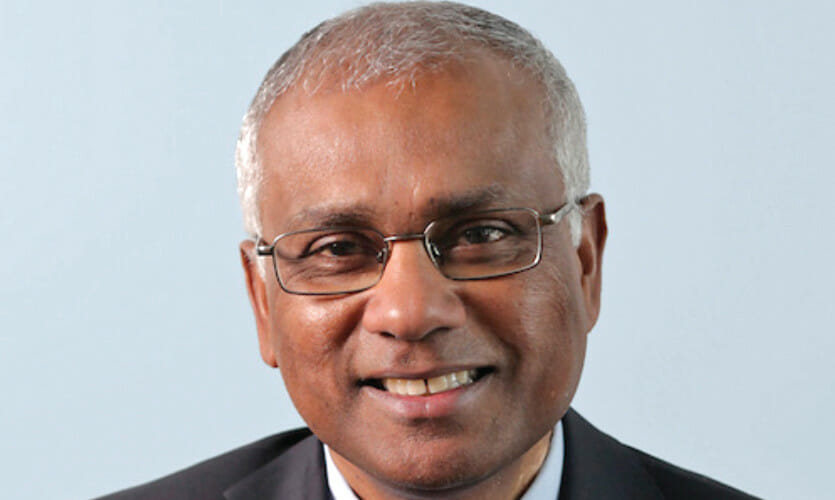
When members of the College Heights Seventh-day Adventist Church in Lacombe, Alberta, Canada, started looking for outreach opportunities, they thought, How can we make a difference not only in our community but around the world?
That’s when Eric Rajah and Brian Leavitt started looking at a few international humanitarian projects the church could initiate and support. That was in 1990. Almost 30 years later A Better World Canada (abwcanada.ca) is involved in humanitarian projects in 14 countries.
A Better World is a champion of sustainable development, which means that it seeks partners with whom it can develop projects that last from five to 10 years. Its model is investment rather than aid. That’s a big distinction.
Some aid agencies swoop into a community and drop enough resources to dig a well or build a building, but when the resources are gone, so is the agency’s support. A Better World begins by asking community members about their immediate needs. Then it expects local communities to contribute a percentage of the labor and take ownership by caring for and maintaining the project.
A Better World shares humanitarian goals as articulated by the United Nations: (1) end poverty, (2) ensure that communities have enough to eat, (3) ensure adequate health care, (4) ensure that every child has access to primary education, (5) ensure access to clean water, (6) enable people to exit the cycle of poverty. Each goal recognizes that human dignity is part of being created in the image of God, and that to restore these characteristics is to restore the image of God in fallen humanity.
Each year A Better World coordinates trips for volunteers to Kenya, Rwanda, Tanzania, or Bolivia. Some trips are designed to initiate new projects, some evaluate the progress of projects already in place, and some go to provide specialized services to communities, such as medical, dentistry, or rehabilitation/physiotherapy.
Recognizing that today’s youth and young adults often have a heart for international justice and global action, A Better World has a youth division called Tomorrow’s Edge. It works to provide travel opportunities so that youth can experience community needs firsthand, and teaches them skills that are useful in fund-raising and international project development.
In a commencement address to graduates of Burman University in April 2017, Eric Rajah gave the graduates “three words that can transform your world.” In a world in which humanity’s needs are so great, the three words are amazingly simple yet direct: Think. Believe. Act. Taken together, they amount to a formula that’s useful in every community.



